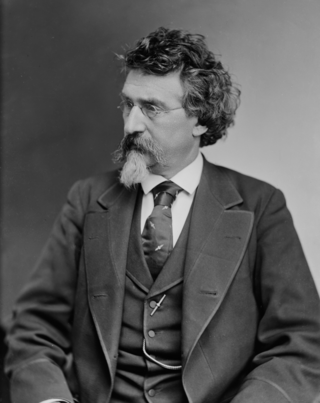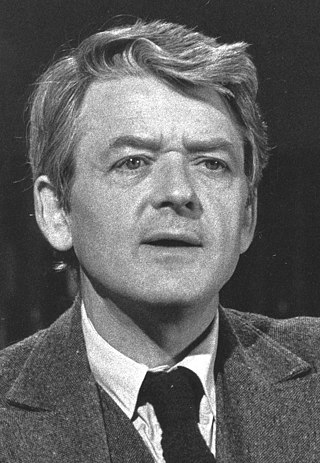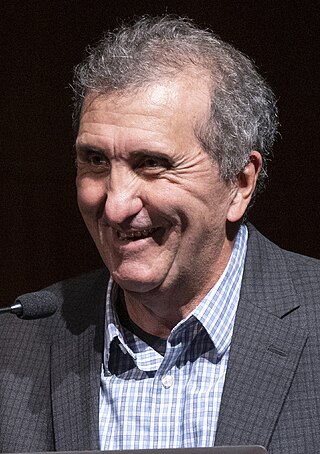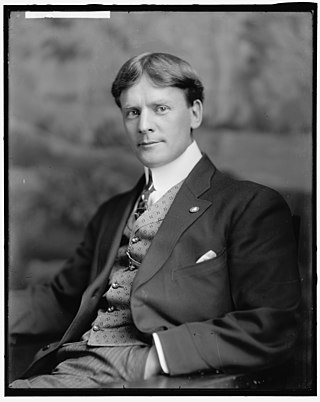Herold Rodney Eaton "Hal" Phyfe (1892-1968) was a Broadway photographer famous for his theatrical portraits of the 1920s and 1930s. [1] His photos have been described as "competent, but not in the Cecil Beaton or Edward Steichen league". [2]

Herold Rodney Eaton "Hal" Phyfe (1892-1968) was a Broadway photographer famous for his theatrical portraits of the 1920s and 1930s. [1] His photos have been described as "competent, but not in the Cecil Beaton or Edward Steichen league". [2]

Hal Phyfe was born into an American family based in Nice, France. He is a descendant of the American furniture designer Duncan Phyfe. He opened a New York photography studio in 1926. He photographed a range of celebrities including Florenz Ziegfeld Jr., Anna Q. Nilsson and Carveth Wells. He became known as "the official photographer to high society" and "one of the best amateur cooks in Manhattan". [3] He asked his subjects not to smile as they were being photographed. [4]

Sir Cecil Walter Hardy Beaton was a British fashion, portrait and war photographer, diarist, painter, and interior designer, as well as an Oscar–winning stage and costume designer for films and the theatre.

Mathew B. Brady was an American photographer. Known as one of the earliest and most famous photographers in American history, he is best known for his scenes of the Civil War. He studied under inventor Samuel Morse, who pioneered the daguerreotype technique in America. Brady opened his own studio in New York City in 1844, and went on to photograph U.S. presidents John Quincy Adams, Abraham Lincoln, Millard Fillmore and Martin Van Buren, among other public figures.

Paul Strand was an American photographer and filmmaker who, along with fellow modernist photographers like Alfred Stieglitz and Edward Weston, helped establish photography as an art form in the 20th century. In 1936, he helped found the Photo League, a cooperative of photographers who banded together around a range of common social and creative causes. His diverse body of work, spanning six decades, covers numerous genres and subjects throughout the Americas, Europe, and Africa.

The American Civil War was the most widely covered conflict of the 19th century. The images would provide posterity with a comprehensive visual record of the war and its leading figures, and make a powerful impression on the populace. Something not generally known by the public is the fact that roughly 70% of the war's documentary photography was captured by the twin lenses of a stereo camera. The American Civil War was the first war in history whose intimate reality would be brought home to the public, not only in newspaper depictions, album cards and cartes-de-visite, but in a popular new 3D format called a "stereograph," "stereocard" or "stereoview." Millions of these cards were produced and purchased by a public eager to experience the nature of warfare in a whole new way.

Richard Avedon was an American fashion and portrait photographer. He worked for Harper's Bazaar, Vogue and Elle specializing in capturing movement in still pictures of fashion, theater and dance. An obituary published in The New York Times said that "his fashion and portrait photographs helped define America's image of style, beauty and culture for the last half-century".

Harold Rowe Holbrook Jr. was an American actor. He first received critical acclaim in 1954 for a one-man stage show that he developed called Mark Twain Tonight! while studying at Denison University. He won the Tony Award for Best Actor in a Play in 1966 for his portrayal of Twain. He continued to perform his signature role for over 60 years, only retiring the show in 2017 due to his failing health. Throughout his career, he also won five Primetime Emmy Awards for his work on television and was nominated for an Academy Award for his work in film.

John H. White is an American photojournalist, recipient of a Pulitzer Prize in 1982.

Patricia "Boots" Mallory was an American film actress, dancer, and model.

Max Vadukul, is a British-Indian photographer based in Milan, Italy. Noted for his black-and-white imagery, Vadukul expressed his preference for monochrome photography as superior, stating, “Black-and-white is king. King of kings. Color is Commercial”, in an interview with J’aipur journal. He holds the distinction of being the first photographer of Indian origin to publish in the editions of Paris, Italian, British, and American Vogue, photographing celebrated figures such as Amy Winehouse, Tilda Swinton, Beyonce, Paul McCartney, Natalie Portman, Tom Hanks, Justine Timberlake, and many more. Sting has described his photography as a sort of "On the move style". The National Geographic channel produced a feature documentary on Vadukul in 2000 about the improbable arc of his life after Africa; the documentary continues to air around South Asia today.
Herb “Herbie” Greene is an American photographer known for his portraits of musicians and bands from San Francisco's counterculture in the 1960s and 1970s. Many of his images were published by Rolling Stone, by record labels, and in books. Greene's photographed subjects include the Grateful Dead, Janis Joplin, Grace Slick, Led Zeppelin, Rod Stewart, Jeff Beck, The Pointer Sisters, Carlos Santana, and Sly Stone.

Jean Howard was an American actress and professional photographer. She was born in Longview, Texas and died in Beverly Hills, California.

Alice Boughton was an early 20th-century American photographer known for her photographs of many literary and theatrical figures of her time. She was a Fellow of Alfred Stieglitz's Photo-Secession, a circle of photographers whose artistic efforts succeeded in raising photography to a fine art form.

Anna-Lou Leibovitz is an American portrait photographer best known for her portraits, particularly of celebrities, which often feature subjects in intimate settings and poses. Leibovitz's Polaroid photo of John Lennon and Yoko Ono, taken five hours before Lennon's murder, is considered one of Rolling Stone magazine's most famous cover photographs. The Library of Congress declared her a Living Legend, and she is the first woman to have a feature exhibition at Washington's National Portrait Gallery.

Peter Joseph Souza is an American photojournalist, the former chief official White House photographer for Presidents of the United States Ronald Reagan and Barack Obama and the former director of the White House Photography Office. He was a photographer with The Chicago Tribune, stationed at the Washington, D.C., bureau from 1998 to 2007; during this period, he also followed the rise of then-Senator Obama to the presidency.

Ernest Brooks was a British photographer, best known for his war photography from the First World War. He was the first official photographer to be appointed by the British military, and produced several thousand images between 1915 and 1918, more than a tenth of all British official photographs taken during the war. His work was often posed and formal, but several of his less conventional images are marked by a distinctive use of silhouette. Before and immediately after the war he worked as an official photographer to the Royal Family, but was dismissed from this appointment and stripped of his official honours in 1925, for reasons that were not officially made public.

Ian Pirie MacDonald HonFRPS was an American portrait photographer, New York City civic leader, and peace advocate. He photographed over 70,000 men in the span of his career, including international heads of state, religious leaders, and artists.

Harris & Ewing Inc. was a photographic studio in Washington, D.C. established by George W. Harris and Martha Ewing. As a full service studio, it did portraits and also had a news photo service. Various museums and the Library of Congress have collections of their photographs.
Phyfe is a surname. Notable people with the surname include:

Richard Gordon Matzene, born Jens Rudolph Matzene, was a European-born American photographer and art dealer. He took many portrait photographs of members of high society.

José María Mora was a Cuban-American portrait photographer active in New York City during the 1870s and 1880s.